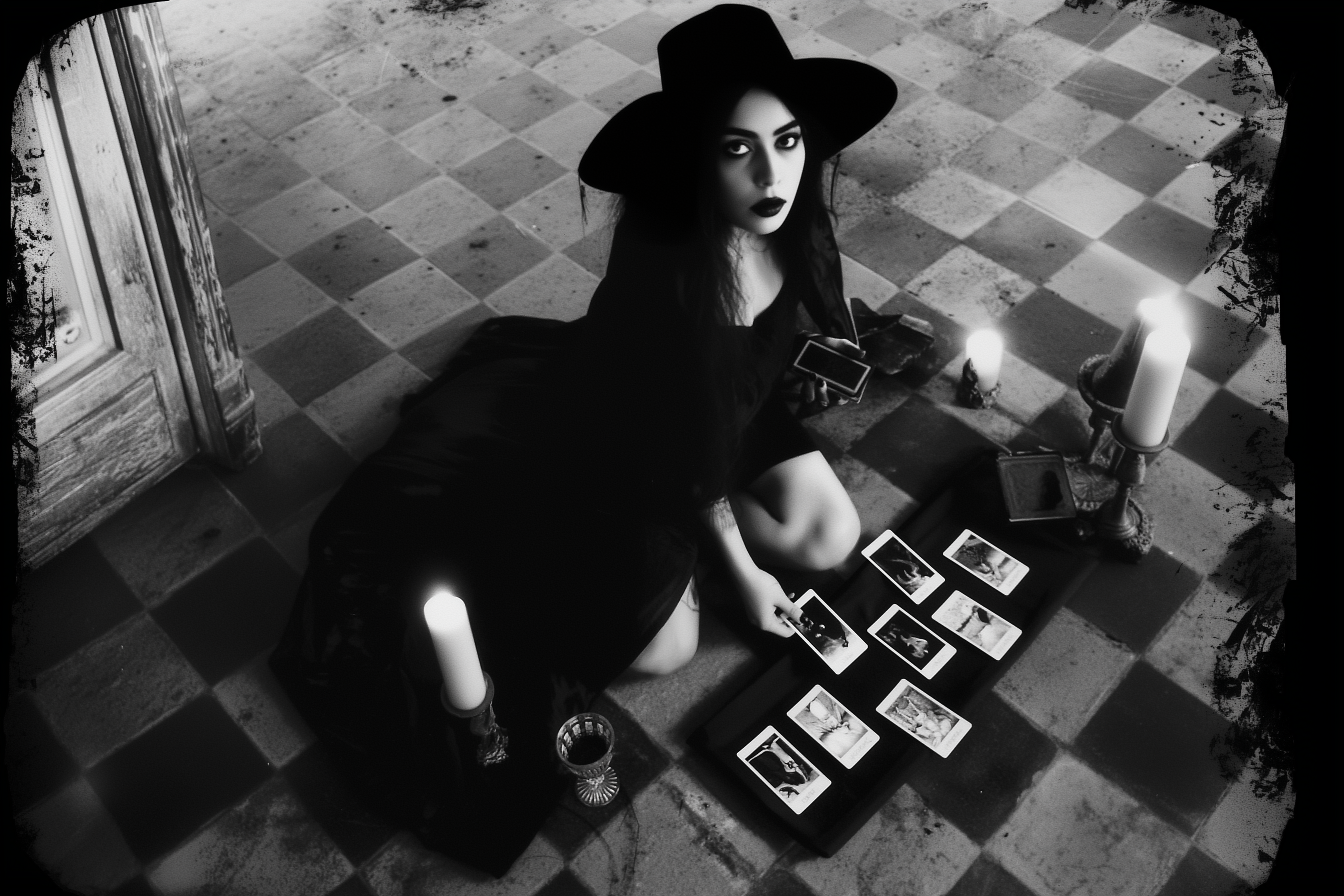
Scorpio, 8th House and Pluto – Black Magic & Family Curses
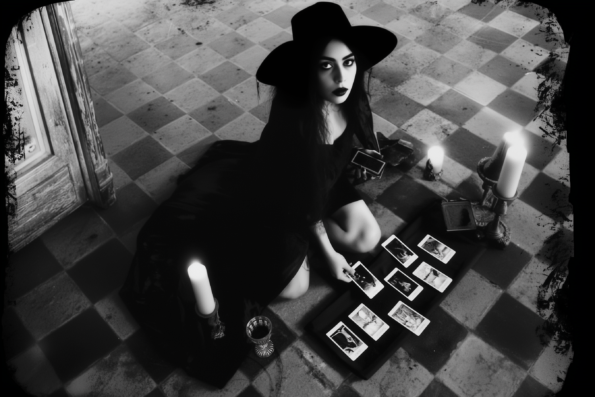 Those born under the sign of Scorpio, or blessed (or cursed, depending on perspective) with a prominent Pluto or an eighth-house concentration, are often seen as wielders of a certain dark power. This isn’t a melodramatic interpretation; it’s deeply symbolic of the profoundly transformative energies at play. It’s where all things taboo and hidden take root: death, rebirth, secrets, debts, and power. It’s the house of “The Descent,” a forceful plunge into the deepest, most unfathomable parts of the psyche. And when one finally ascends—because, in Pluto’s world, there’s always an ascent—there’s this reformation, this transmutation of old pain into potent art, wisdom, and self-empowerment.
Those born under the sign of Scorpio, or blessed (or cursed, depending on perspective) with a prominent Pluto or an eighth-house concentration, are often seen as wielders of a certain dark power. This isn’t a melodramatic interpretation; it’s deeply symbolic of the profoundly transformative energies at play. It’s where all things taboo and hidden take root: death, rebirth, secrets, debts, and power. It’s the house of “The Descent,” a forceful plunge into the deepest, most unfathomable parts of the psyche. And when one finally ascends—because, in Pluto’s world, there’s always an ascent—there’s this reformation, this transmutation of old pain into potent art, wisdom, and self-empowerment.
The realms of dark arts, hypnotic control, psychic influence, voodoo, and black magic are often associated with Scorpio, the 8th house, and the transformative energy of Pluto. Together, these elements suggest a natural affinity for depth, mystery, and control over unseen forces. Scorpio, ruled by Pluto, is known for its intensity and intrigue, creating a tendency towards psychic sensitivity and an inclination to explore or harness hidden powers. This connection highlights a powerful, sometimes shadowy nature of this attraction, embodying the transformative and penetrating essence of these energies.
Plutonians, with all their subterranean energy, often develop an innate need to express what they’ve found in those depths. Art is often the release valve. It’s where Scorpio’s intensity gets poured, to emerge as music, poetry, painting, or even something as obscure as tattoo artistry or performance art. You can think of it as “magic” made visible, an externalization of the hidden universe within. As for the more mystical elements,they have the ability to penetrate others’ facades and grasp motivations most would rather leave undisturbed. They can see past the masks, possess a razor-sharp intuition, and have a bit of a hypnotic aura.
Scorpio and Pluto natives possess a charisma that seems to operate on some unseen level, a quality drawing people in, whether they like it or not. It’s as though they carry a secret gravitational field, pulling others into their orbit with the promise of transformation and the thrill of the unknown. This magnetism is no simple charm; it’s a pull that seems to call from beyond the veil, from those hidden psychic depths where few dare to tread. Plutonians also carry a certain cautionary energy—a “cross me, and you’ll regret it” vibe—it is both a warning and a self-preservation tactic. This might look like “voodoo psychic warnings,” but really, it’s more like a spiritual barbed wire fence. They project boundaries so clear that you can feel them in your bones, and you sense those boundaries aren’t just to keep people out, but also to protect the well of emotions they guard so fiercely. They aren’t quick to anger, but once crossed, their response can be swift, searing, and unforgettable.
When it comes to vengeance, the Plutonian’s imagined wrath is often fiercer than the reality. They are slow to forgive a deep betrayal, but many find their most potent revenge is to simply withdraw their energy, and leave a gaping void where their once-powerful presence stood. There’s an alchemical beauty to this type of “revenge.” Instead of casting hexes, they silently say, “Feel the emptiness where I used to be.”
Plutonians possess a unique kind of “witchcraft,” rooted not in spells or incantations, but in a gift for psychological insight. Their “magic” lies in an ability to unearth hidden truths, cut through deception, and see beyond surface facades. With an intuitive grasp of human emotions and motivations, they understand the human mind with ease. This skill allows them to read between the lines, often perceiving what others miss, making them natural detectors of lies and masters of emotional intelligence. It’s not magic in the cauldron-and-incantation sense but in the power of pure intuition.
Plutonians can pick up on others’ emotional undercurrents, sometimes even before those people understand their own motivations. And because they’ve spent a lifetime staring into their own shadows, they’re utterly fearless when it comes to seeing through the facades of others. This piercing insight can feel magical—and intimidating—to those unprepared to be so thoroughly “seen.” Pluto’s magic is forged in self-mastery, in shadow work, and in a deep respect for the transformative power of the psyche.
The Family Curse
In psychology, the “family curse” if thought to be a shadowy legacy woven into the fabric of family history, often attributed to the eighth house. This realm is associated with deep ancestral wounds and unresolved traumas. It often suggests that certain patterns of crisis, upheaval, and even tragedy can seem almost inescapable in the lives of particular families. But let’s dig into what might actually be going on here, especially when psychology and astrology intertwine.
The eighth house, tied to Pluto, deals with shared resources, hidden traumas, legacies, and mortality, loss, and transformation. When we say it’s the “house of the family curse,” we’re not invoking literal sorcery but rather acknowledging an unconscious inheritance—patterns of belief, behavior, and unresolved pain passed down through generations, whether anyone likes it or not. It’s as if certain emotional debts remain unpaid, accumulating interest, eventually coming due in the form of crises that the latest generation must either face or pass on yet again.
According to Liz Greene, some families, like the Kennedys, seem almost mythic in their repeated encounters with tragedy. But these “curses” may be as much psychological as they are fated. Take, for instance, the deeply embedded fears, resentments, or unhealed traumas that can pervade a family line. If unresolved, they manifest in subtle yet powerful ways, guiding decisions and reactions. Children may unconsciously take on these burdens, carrying not just the trauma but the behavior patterns reinforcing it—impulsiveness, attraction to danger, or resistance to stability. Astrology, then, sees Pluto and the eighth house as maps of these dark territories, showing us where these generational energies might rear their heads.
Divorce and “unfortunate fortune” in a family could reflect emotional cycles not fully recognized or worked through. Perhaps what looks like a “curse” is a predisposition to certain intense patterns of love and conflict, or even self-sabotaging tendencies within relationships. Fate is not fixed, but these deeply ingrained dynamics, once established, are notoriously difficult to shift—almost as if they were written in the stars. And when unresolved grief, guilt, or shame festers beneath the surface, they influence the family’s present interactions, creating recurring themes of separation or loss.
But here’s where astrology offers a redemptive path. Plutonic influence also holds the promise of transformation. What we inherit as wounds or tragedies can, through self-awareness, be reshaped into wisdom, healing, and ultimately liberation. Recognizing these “curses” gives each generation a chance to confront the shadows and rewrite the story. This may involve acknowledging the pain, actively working to break toxic cycles, and developing a healthier way of being in the world. In this way, astrology doesn’t predict tragedy so much as reveal the potential for transformation—a chance to transmute the darkness of the past into the light of self-knowledge and resilience.
Pluto’s work in our lives can be thought of as that inexorable pressure to confront, break, and ultimately transform patterns that have, in many cases, been carried through generations. Pluto is the ultimate therapist, patiently, yet ruthlessly, peeling back the layers of generational pain and trauma so finally, healing might begin. The “family curse” is often bound up in cycles of abuse, addiction, violence, or secrecy. It feels much like a shackle—the invisible but undeniable force that seems to pass from one generation to the next, showing up again and again in painful, destructive ways.
Imagine it this way: Pluto, and particularly the eighth house shine a light on the shadows that have been buried under layers of family dynamics and denial. Cycles of substance abuse, for instance, may have begun generations back, as coping mechanisms for pain, loss, or hardship, and without healing, they became the only language some family members know to express or numb their emotional wounds. Pluto’s task is to bring all of this to light, often through intensely difficult experiences, and then to say, “This cycle ends here.”
Pluto’s work is one of bondage-breaking. For someone with a strong Plutonian influence in their chart, they may feel compelled—almost as if it were a soul assignment—to break that cycle, to be the one who says, “This trauma ends with me.” And this isn’t done in a gentle way. Pluto often acts through crisis, through painful realizations, and sometimes even through loss, pushing the person into the very depths of those family wounds, forcing them to confront and heal what others before them could not.
For many, this Plutonian task can feel isolating. They might be seen as “the odd one out” in the family, or the “black sheep” who dares to face and call out the very things others avoid. But there is enormous courage here, too, because by doing this work, they become the alchemists, the healers, even if the process feels brutal at times. It’s in this facing-down of the family “curse”—through therapy, self-awareness, or a personal commitment to change—that they can break the chain.
This is Pluto’s dark gift: forcing us into the depths of our pain so we might emerge renewed, wiser, and freed from those unconscious shackles. It’s a hard path, to be sure, but one of incredible bravery and purpose. Through this work, trauma can finally be cleared, giving future generations a cleaner, lighter inheritance. This is the Plutonian legacy—transmutation, liberation, and the power to end what seemed once like an unbreakable curse.
According to astrologer Linda Goodman, people born under the sign of Scorpio (which Pluto rules) are the unwitting victims of their own dark magic.Linda Goodman’s Sun Signs :
With them supreme self-sacrifice becomes neurotic concerns about the self, and psychic abilities become fearful apprehensions of the lurking evils which may strike you at any moment. The rituals of black magic reflected the individuals desire to control universal forces larger than himself. By learning and uniting the specific methods, techniques and rituals of black magic, this individual effected a transformation of his egocentric desire: Pluto: The Evolutionary Journey of the Soul, Volume 1 (Llewellyn Modern Astrology Library)
James Van Praagh is a man with the gifts, or perhaps burdens, that the eighth house often bestows. Known for his ability as a medium to connect with those who have passed beyond, he’s an intriguing case study in what we might consider “occult” power. Those with planets in this house can create a strong link to themes of death, rebirth, transformation, and the mysteries of the unseen. People with such placements often find themselves fascinated by what lies beyond the material plane, drawn to explore the psychic, spiritual, and symbolic realms. In Van Praagh’s case, this energy manifests in mediumship—a talent to perceive and relay messages from those who have passed on, which he interprets as communication with the deceased rather than manipulation of any kind.
Van Praagh’s gifts could certainly be seen as occult, in the sense that he’s tuned into dimensions most of us don’t consciously perceive. It’s a sensitivity to energies that are simply not visible to most. His eighth-house stellium grants him access to these deeper layers.
If the forces of Scorpio are frustrated, the way to success is barred, there is usually a recourse to cunning, duplicity, secretiveness and treachery, if for no other reason than that the expression of influence and the attainment of ones rights is an absolute necessity, without which there is always, as is obvious the tendency toward envy, malice, revenge, which have been such active motives in past times, when so many people suffered abominably from misuse of power. Black magic or witchcraft belongs here, while I do not mean to go into the question as to how much truth there may be in the possibility of hurting or destroying others by such sinister means, except to remark that we know little about the “project magnetism” or individuals, it is true that witchcraft was assigned as the cause of many misfortunes whose origins was totally misunderstood. That people do sometimes affect one another to an extraordinary degree is indisputable, as, for instance, in the case of love or hatred. Zodiac: A Life Epitome








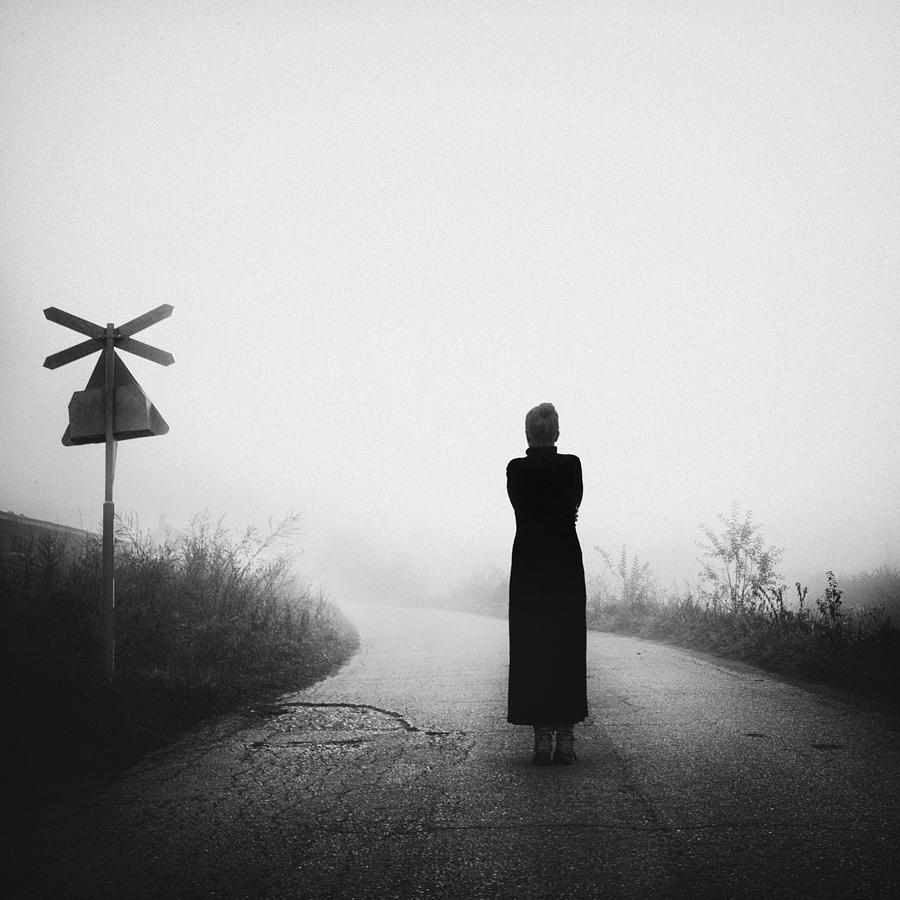

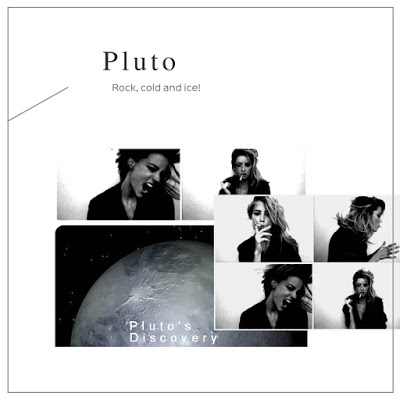
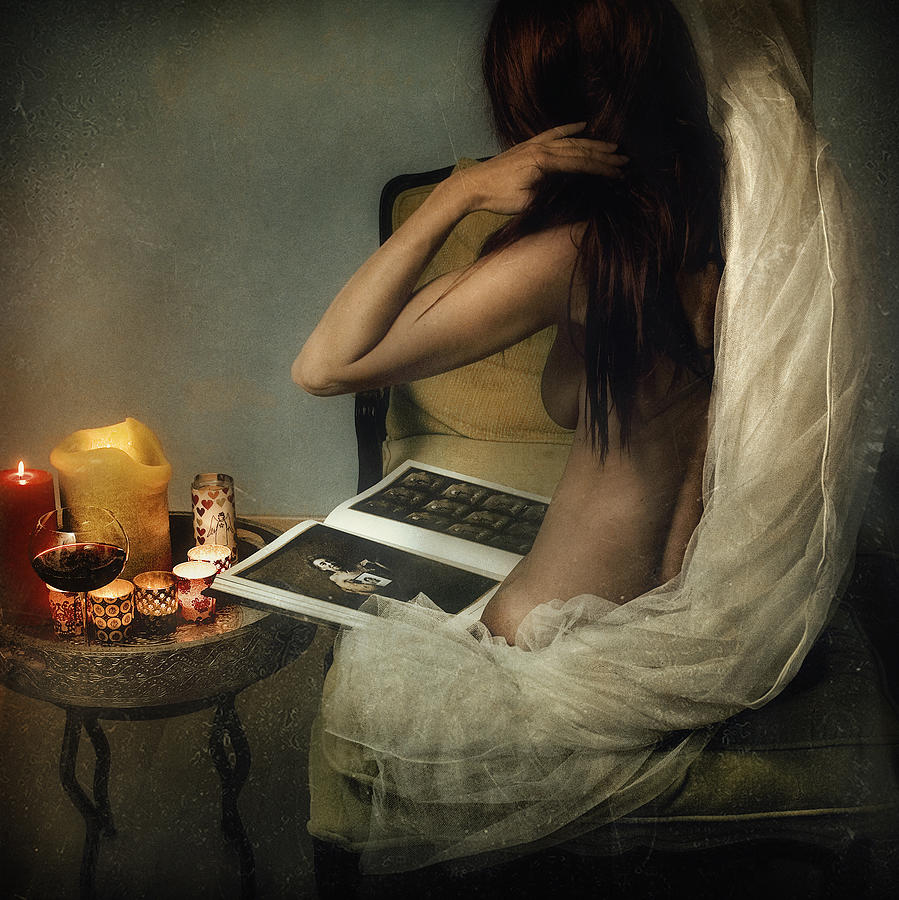

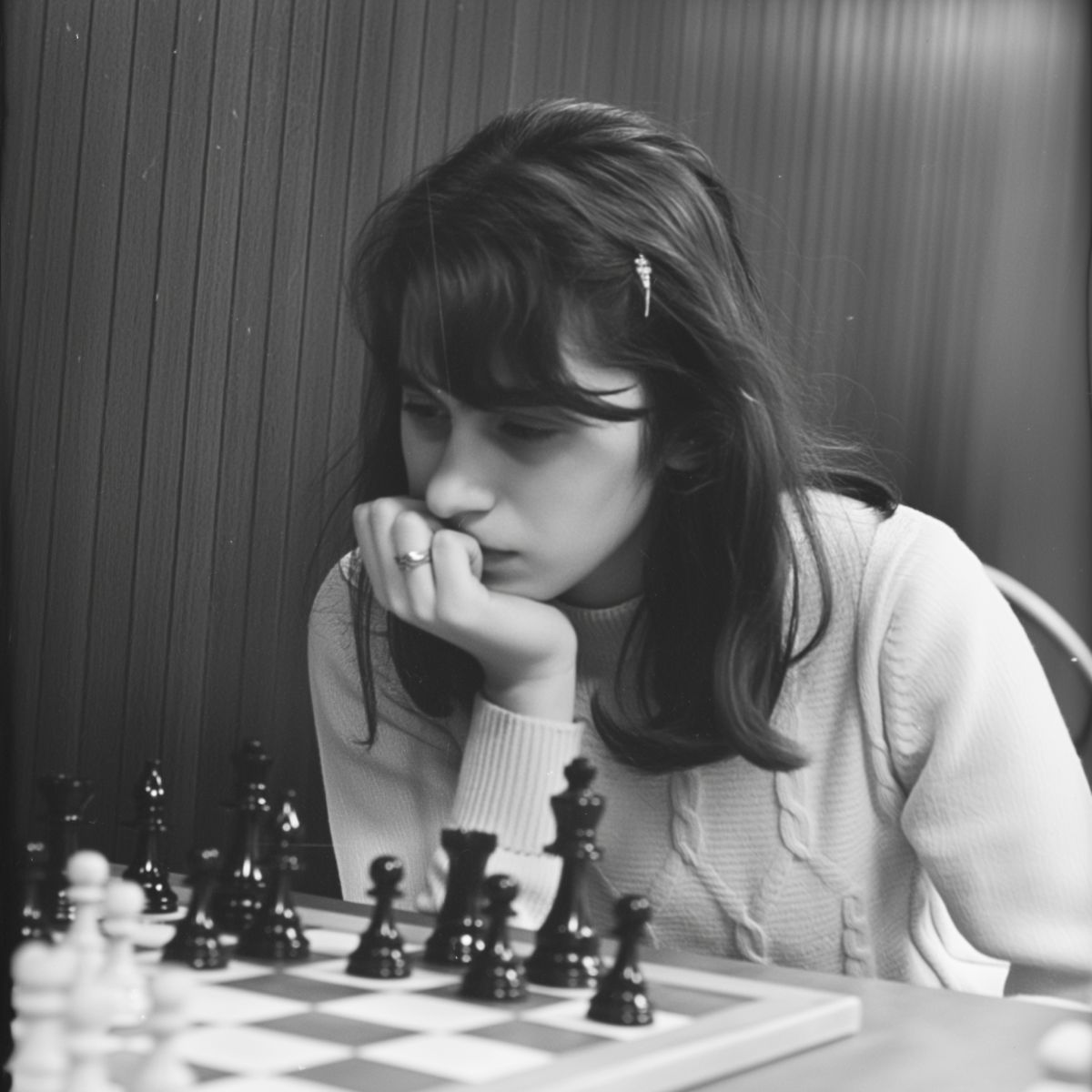



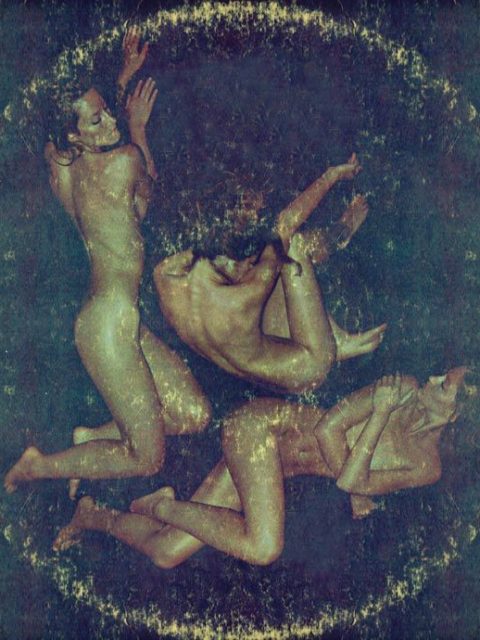

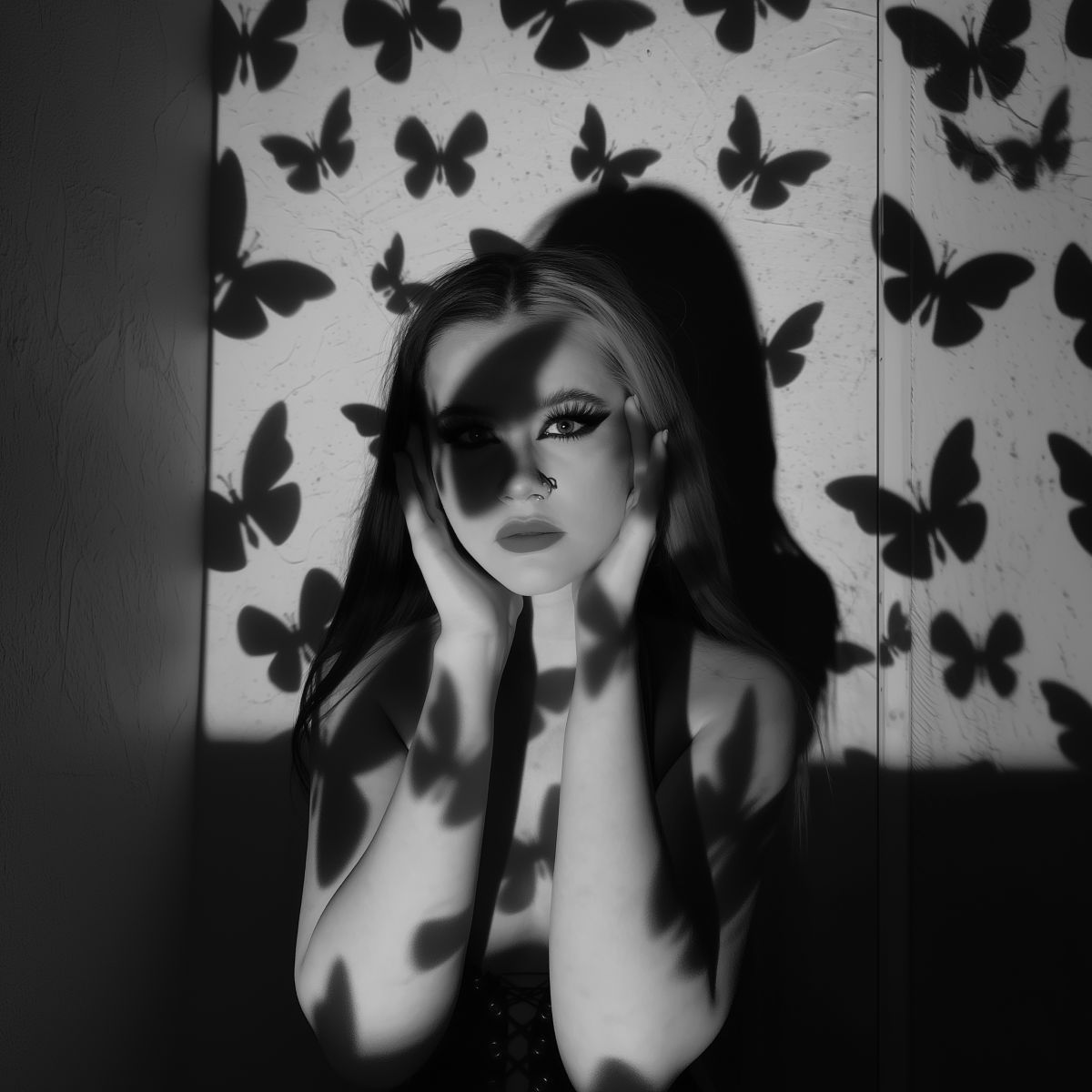 Pluto in the 12th House
Pluto in the 12th House
 Sun Square Pluto Synastry: You’ve Got That Power Over Me
Sun Square Pluto Synastry: You’ve Got That Power Over Me
 Composite Sun in Houses: Part 1
Composite Sun in Houses: Part 1
 Neptune in the 7th House: A Tidal Wave of Fantasies in Relationships
Neptune in the 7th House: A Tidal Wave of Fantasies in Relationships
 Uranus in the 10th House: Changes and Breakthroughs
Uranus in the 10th House: Changes and Breakthroughs
 Pluto in the 3rd House: Brutal Honesty
Pluto in the 3rd House: Brutal Honesty
 Moon Conjunct Pluto Synastry
Moon Conjunct Pluto Synastry
 Moon Conjunct Neptune Synastry: Soulmates or Emotional Shipwreck?
Moon Conjunct Neptune Synastry: Soulmates or Emotional Shipwreck?
 Neptune in the 12th House
Neptune in the 12th House
 Transiting Saturn Square M.C: The World Right Now Demands Authenticity and Dedication From You
Transiting Saturn Square M.C: The World Right Now Demands Authenticity and Dedication From You
 Sun Trine Pluto Natal Aspect: The Quiet Powerhouse
Sun Trine Pluto Natal Aspect: The Quiet Powerhouse
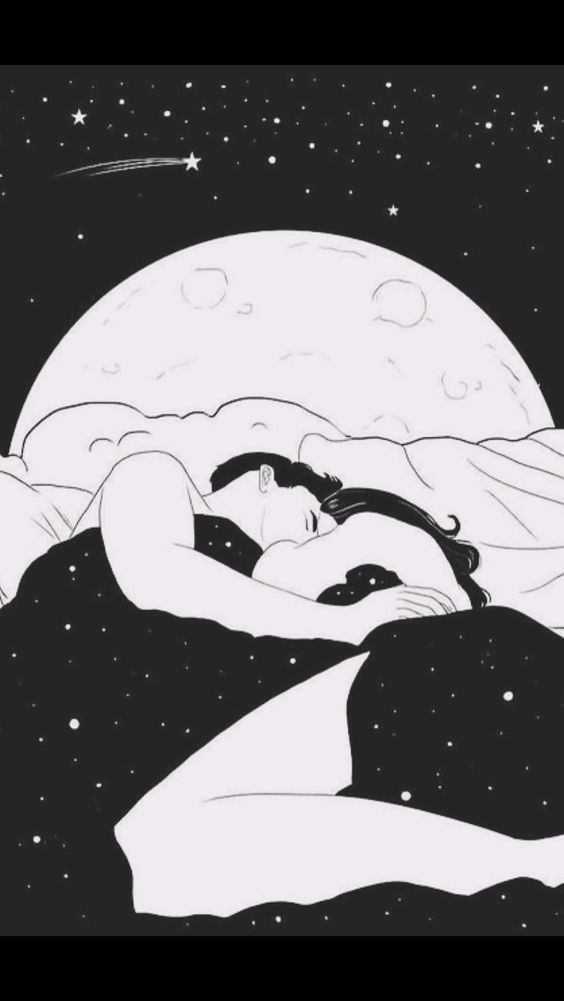 Composite Moon in 8th House
Composite Moon in 8th House
 Venus-Pluto Synastry: A Love So Powerful That It Might Just Kill Them
Venus-Pluto Synastry: A Love So Powerful That It Might Just Kill Them
 Scorpio: Sex and Revenge – You’ll Get What’s Coming To You
Scorpio: Sex and Revenge – You’ll Get What’s Coming To You
 Moon Trine Neptune
Moon Trine Neptune
 Mercury in the 3rd House: Words as Wings
Mercury in the 3rd House: Words as Wings
 Mars in Aquarius: Sex drive
Mars in Aquarius: Sex drive
 Venus Trine Pluto: Dark Desires
Venus Trine Pluto: Dark Desires
 Sun Conjunct Neptune Synastry
Sun Conjunct Neptune Synastry